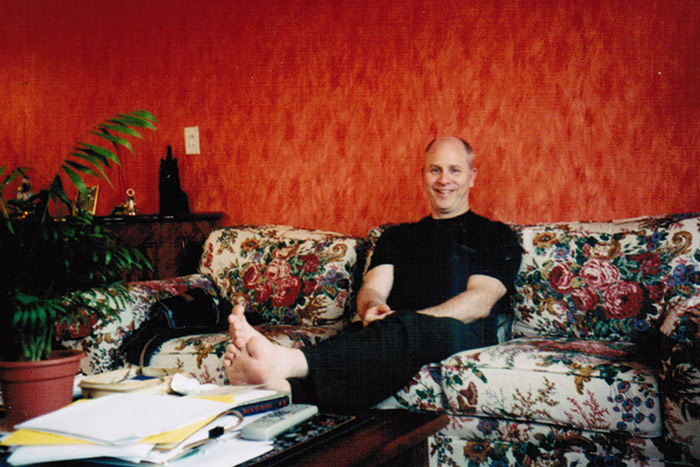|
||
In turned out that Bob earned a living presenting lectures on Nonviolent Sexuality to college students. By the time I met him, his program had been presented to over 800 campuses throughout the United States and Canada. He’d been nominated three times by the National Association for Campus activities—as lecturer of the year. Bob’s firm, Learning to Live with Conflict, was established in 1987 to provide education and training in the analysis and resolution of conflict. How would he help me to translate my scholarly research into a form that was accessible to college students? What would I have to learn in order to develop a fluent and dynamic lecture style—one that would enable young people to understand my concepts—and for Bob and I to get paid for our work? Bob wanted to hear everything I had to say. He pulled things out of me that I didn’t know I knew. I’d been researching and developing my ideas on the psychology of political violence for many years. I was on a quest, or adventure of discovery. It wasn’t of great concern to me whether or not others embraced my theories. Bob encouraged me—eventually insisted—that I make an effort to convey my ideas to others. He possessed radical innocence. He wanted to change the world. He believed that if one mastered the techniques of lecturing, it was possible to get any idea across. He wanted to expand his lecture bureau, Learning to Live with Conflict, to include me as one of his “acts.” However, warfare is not a comfortable topic. What’s more, our conversations occurred in late September 2002—a year after the attacks on the World Trade Center and the beginning of the war against Afghanistan (October 7, 2002). In the midst of war, were Americans ready to hear what I had to say? |
